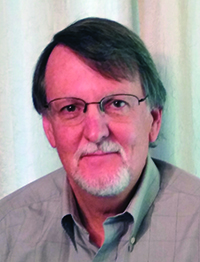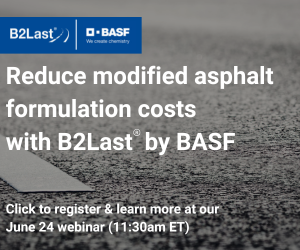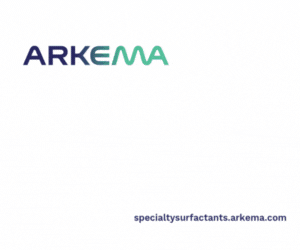
We talk with leading educators and researchers to learn more about the people and topics of asphalt technology.
Dr. Stephen A. Cross, Ph.D., P.E. is a recently retired professor from Oklahoma State University’s Department of Civil and Environmental Engineering.
What drew you to transportation engineering?
I don’t remember wanting to be an asphalt guy growing up. However, with a father and grandfather that were college professors, I was always interested in an academic career. I enjoyed working with my hands, construction and working outside. Those things sparked my interest in pursuing geotechnical engineering and materials testing in college. I had a highway engineering course as an undergraduate student that included a series of lab exercises working with asphalt materials and I also took an asphalt mix design class as one of my undergraduate electives. After graduation, with this background in asphalt materials, I often ended up being the asphalt guy at work. I had some great mentors along the way and they had a big influence on my decision to study asphalt materials in academia.
Do you see evidence of cold in-place recycling increasing the life of asphalt pavements?
There have been several well-designed studies on the performance, economics and sustainability benefits of cold recycled mixes, cold in-place, cold central plant and full-depth reclamation. These include the I-81 project in Virginia, the NCAT Test Track and Lee Road test sections and numerous state studies. Test sections are also underway at MnRoad. Everyone is being forced to do more with less and the economics of in-place recycling are obvious. You are using materials you have previously purchased. The in-place recycling techniques should be in every agencies’ toolbox. As long as they are applied on the right road at the right time, they will perform and increase pavement life.
What are some emerging trends in the area of asphalt pavement recycling?
There is tremendous interest in ways to use more RAP. This has resulted in renewed interest in cold central plant recycling and higher percentages of RAP in hot mix, including 100% RAP mixes. Higher percentages of RAP in hot mixes will probably necessitate the increased use of rejuvenators to overcome the effects of aged binder in the RAP. Contractors and researchers are evaluating running 100% RAP mixes through existing plants at elevated temperatures with the use of rejuvenators, although this is not a completely new technology as hot in-place recycling with rejuvenators has been around for many years.
What developments are coming in sustainable asphalt pavements?
Sustainability is certainly one of the hot topics at this time. FHWA is moving forward with an LCA tool for highway construction activities and industry leaders are developing EPDs. WMA is certainly a sustainable technology, along with the cold mix and in-place recycling techniques. Although I believe it is mainly the economics and not just sustainability, that is driving the interest in cold central plant recycling and the in-place recycling techniques. The economic and sustainability benefits come from reusing existing materials, reduced need for new materials and reduced trucking.
Where should today’s students focus their asphalt research?
There is a lot of interest in rejuvenators and the behavior of cold mixes is not well understood, even though they are performing well. Cold mixes are being designed similar to hot mixes, although typically with reduced structural layer coefficients or modulus values. However, there is evidence these mixes do not behave exactly like hot mixes, so the applicability of many of the transfer functions in mechanistic design programs is uncertain. To fully understand the behavior of these mixes I believe it will require well-funded national studies that are larger in scope than can be accomplished at many of the one-person asphalt programs prevalent at many institutions.














